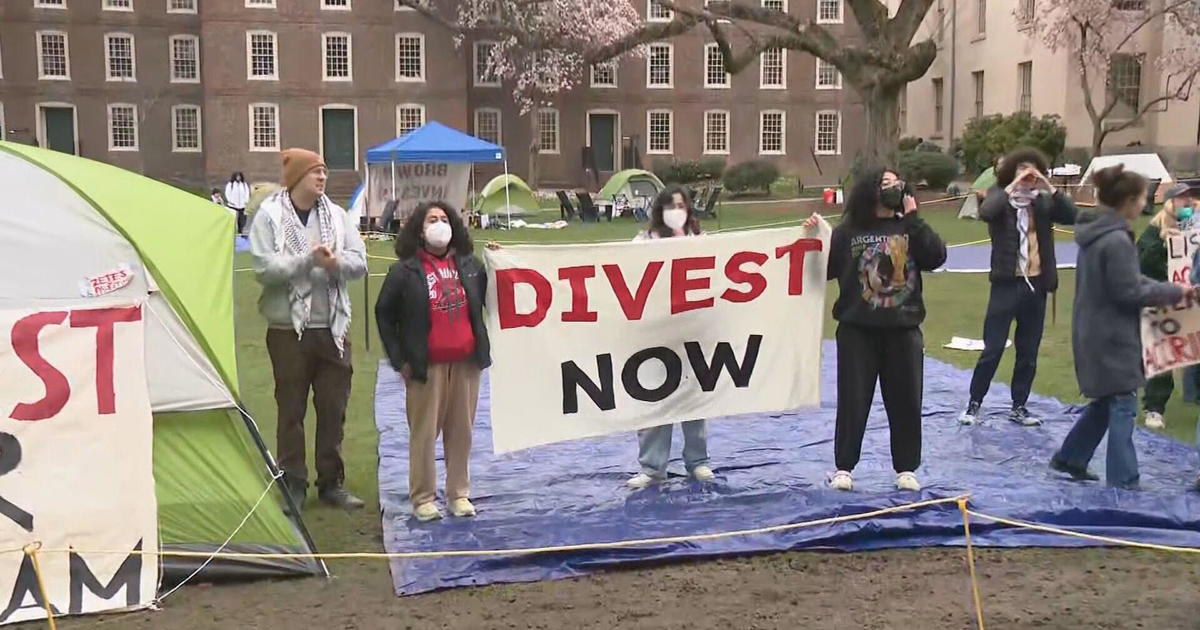Tips On Recognizing And Avoiding Heat Stroke
How Do I End Up With Heat Stroke?
Heat Stroke results from having an abnormally elevated body temperature. Whenever your body works out, it naturally generates heat, which usually escapes through the skin or through the evaporation of sweat. However, when you work out in extreme heat or humidity (or when you work out at a high intensity outside and do not hydrate yourself), the heat your body produces may not be able to dissipate well enough and your body temperature rises, sometimes up to 106°F or higher.
Am I At Risk?
Infants, the elderly, athletes and those who work outside and physically exert themselves under the sun for a living are those at highest risk for heat strokes.

How Do I Know It's Heat Stroke?
Heat stroke symptoms can sometimes mimic those of a heart attack or other conditions. Often, an individual will experience signs of heat exhaustion before the condition escalates to heat stroke. Heat exhaustion symptoms include nausea, fatigue, headache, muscle cramps, dizziness, weakness and vomiting.
Heat stroke symptoms include a high body temperature, the absence of sweating, red or flushed dry skin, rapid pulse, difficulty breathing, hallucinations, disorientation, agitation, seizure and/or coma.
Emergency Room Doctors warn that friends and family should take note if someone appears altered, not acting correctly, wobbling, hot and dry to the touch, combative, or comatose. These symptoms should signal an emergency and a trip to the E.R.

How Do I Prevent Heat Stroke
Avoid working out in high-temperature or humidity environments. If you cannot avoid physical exertion in these environments, be sure to frequently hydrate yourself to help keep your body temperature down. Take breaks as often as possible. Also, avoid drinking caffeine, alcohol or tea, as this may lead to dehydration.
Is There A Way To Treat Heat Stroke?
Heat Stroke requires professional medical treatment. If you or someone around you is exhibiting symptoms of a heat stroke, immediately call 911 or seek immediate professional medical help.
While you're waiting for emergency medical services, get the victim to a shady area, remove layers of clothing, apply cool or warm water to the skin, fan the victim, and place ice packs under the armpits and groin.




